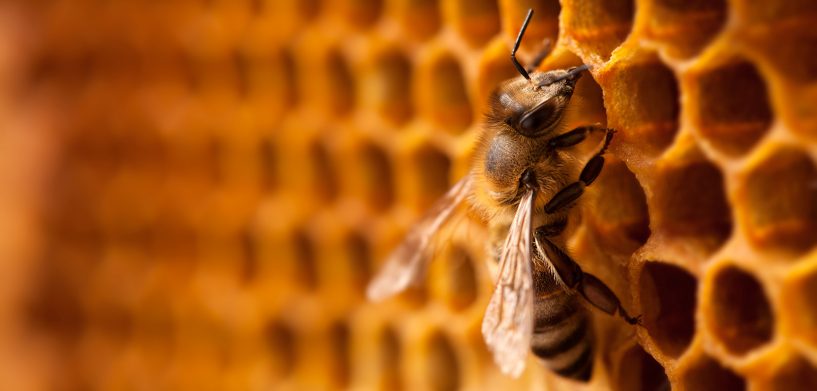More than 80% of native flowering plants depend on bees for pollination, with one-third of global food production being dependent on bees and other insects.
Bees have long been the cornerstone of growth in the environment, whether that’s supporting crops that depend on their pollination or providing sweet honey for our tea, they are magnificent examples of insects vital to the success and conservation of our planet. However, not everyone sees it this way and the population of various species of bees has declined by more than half since the 1950s. These pollinators are critical to the survival of native plants all over the world, as well as other wildlife and people alike.
According to the National Wildlife Federation, some species, such as the once-common rusty patched bumblebee, are now listed as endangered in the U.S. with potential causes of decline due to habitat destruction, disease, agricultural and lawn and garden practices, use of pesticides, habitat fragmentation, changes in land use, invasive species, and climate change.
Hexagon’s Safety, Infrastructure & Geospatial division is dedicated to the long-term investment of sustainability and the protection of our environment and in 2021 solidified this commitment by adopting three bee colonies in Germany from beefuture for a period of three years. This partnership also includes financial support from Hexagon and ideational support for beefuture’s initiatives that focus on the preservation of biodiversity.
In October 2021, the harvest of approximately 150,000 new Hexagon “employees” (about 50,000 bees per colony) provided Hexagon-labeled honey jars and share in their sweet success. At Hexagon, we acknowledge the economic value of pollination by bees amounts to hundreds of billions of dollars worldwide. So acting now is vital to both the environment and global food production.
It’s important to remember that we can all do our part to help bees whether that’s in our gardens, classrooms or communities. Let’s “bee” world changers together!

















